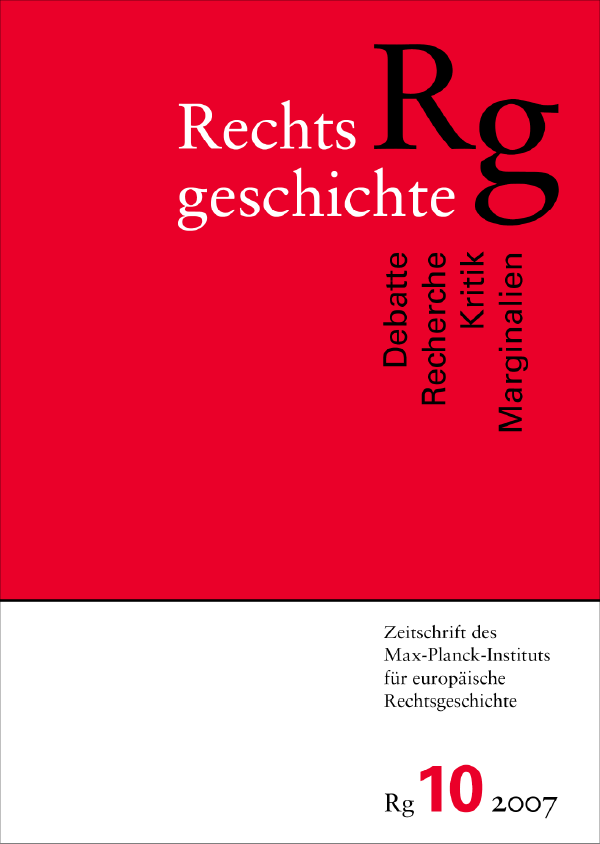Zukunftsmaschinen
Zeit als Gegenstand der historischen Wissenschaftsforschung
DOI:
https://doi.org/10.12946/rg10/051-062Abstract
Science and technology scholars tend to emphasize space over time. Current studies in the history and sociology of laboratory practices mainly focus on the »spaces of knowledge« tied to and created by these practices, e. g. institutional settings, networks of human and non-human actors, visual and textual representations, etc. This paper argues in favour of a more dynamic, time-based understanding of science. Drawing on examples from the history of 19th century physiology, it suggests conceiving of experiments as machines that combine and contrast a variety of times: the time of the experimenter, the time of the model organism, the time of the instruments, the time of reading and writing, etc. It is true that historians of science have often dealt with the problem of time, in particular with concepts of time and time measuring. However, in these studies time often remained an exterior parameter of the natural and/or artificial estigated by historical actors. The more recent work of authors such as Andrew Pickering and Hans-Jörg Rheinberger suggests conceiving of time as an operator built into the very functioning of »experimental systems.« Along these lines, the paper briefly discusses the semiotic and material culture of the pioneering experiments on the propagation speed of nerve stimulations carried out by the German physiologist Hermann von Helmholtz in the early 1850s. These experiments contributed in important ways to our understanding of physiological time as the »proper time« (Eigenzeit) of organic individuals. At the same time, they illustrate in an exemplary manner that the organization and management of time in its diversity is a crucial factor in the construction of scientific objects.
Downloads
Veröffentlicht
Zitationsvorschlag
Ausgabe
Rubrik
Lizenz
Copyright (c) 2007 Autor/in

Dieses Werk steht unter einer Creative Commons Namensnennung - Nicht-kommerziell - Keine Bearbeitung 3.0 International -Lizenz.





